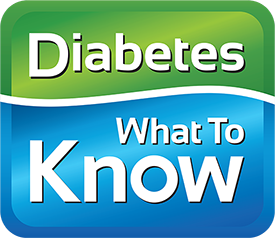During stressful times, many of us are more likely to overeat to manage feelings of anxiety or uncertainty or even boredom. This can lead to feelings of guilt and shame, and some of us beat ourselves up…
It’s time for a new approach. The first step for learning to manage this kind of eating is asking yourself the moment the desire to eat starts to arise, am I physically hungry? If so, go ahead and eat without guilt. If not, that’s when it’s time to get creative— is there something else that you can do? What might help you address your feelings better than food would? For example, calling a friend or loved one if you’re feeling lonely or sad or starting a crafts project if you’re feeling bored.
If you have a hard time figuring out whether it’s actual physical hunger you’re feeling, here’s a list that can help you understand which type of hunger you’re experiencing. And if it’s emotional hunger that you’re experiencing right now, check out our 10 tips for managing cravings article to get strategies that will help you avoid giving into a food craving.
| Emotional Hunger | Physical Hunger |
| Brain sends hunger signals in an attempt to soothe anxiety, sadness, anger or other feelings. | Brain sends hunger signals because the body is low on fuel. |
| Cravings are specific- only certain foods will sound appealing. | Craving is general – almost any food sounds satisfying. |
| Drinking water may satiate hunger for 10 minutes or more. | Drinking water doesn’t really help the feeling of hunger. |
| The feeling will usually pass with time. | The feeling will grow with time. |


